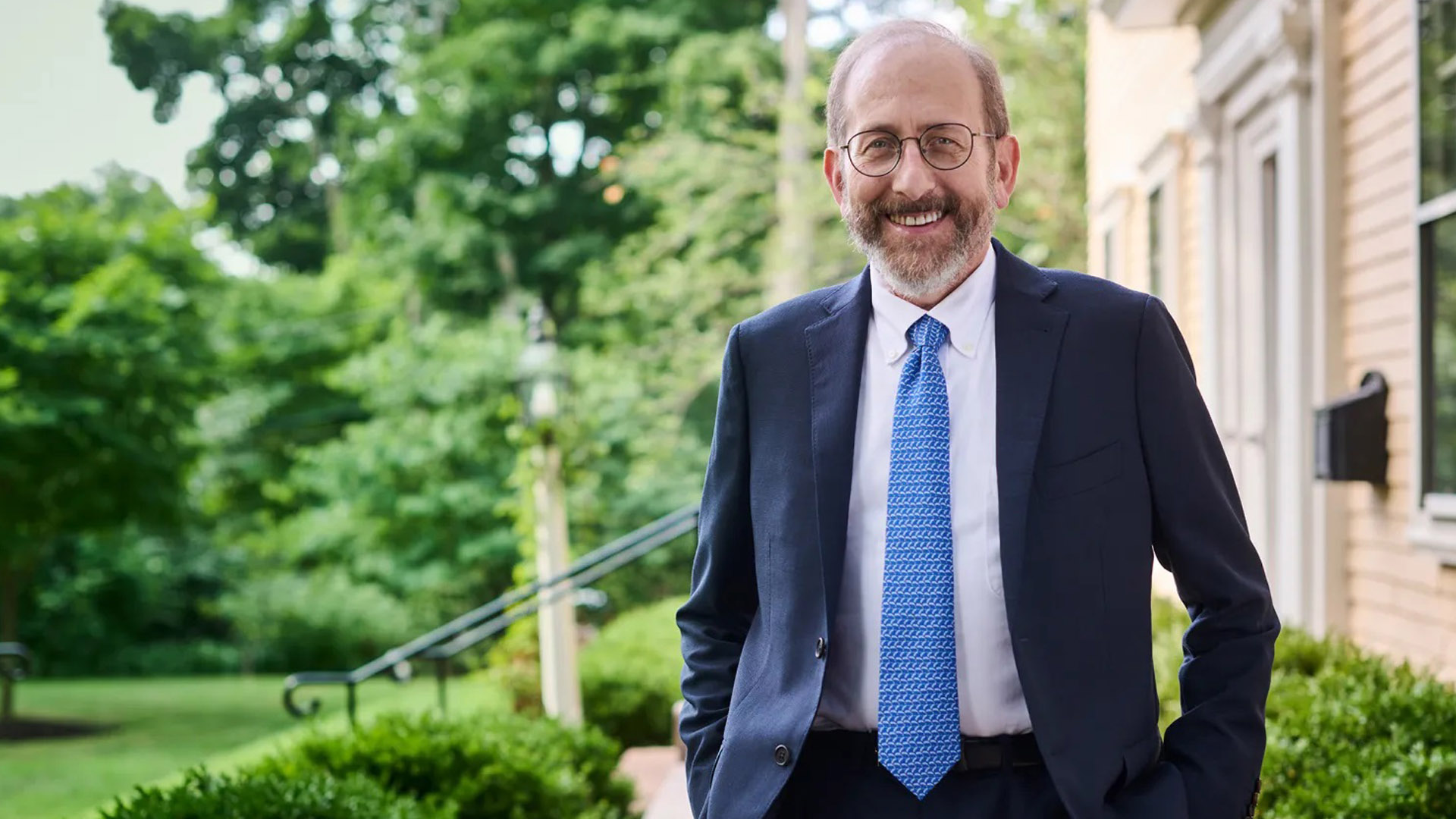
Nadine Osman
Harvard University issued an official apology to its students and staff on April 29 for the rise in antisemitism and Islamophobia on campus, exacerbated by the ongoing Israeli Palestinian conflict since 2023. In a letter addressed to the university community, President Alan Garber expressed deep regret over the challenging 2023-2024 academic year, describing it as “disappointing and painful”, while outlining measures to address the incidents of hate that have affected Jewish, Muslim, and other minority groups.
“I deeply apologise for the moments when we failed to meet the high standards we set for our community,” Garber wrote, acknowledging that the university had fallen short in its response to the tensions that arose following the October 7, 2023, Hamas assault on Israel. The incident, along with its aftermath, sent shockwaves through the campus and led to a rise in both antisemitic and Islamophobic incidents.
The escalation of tensions mirrored protests and violent clashes seen across the nation, and many members of the Harvard community reported feeling marginalised and unsafe because of their identities.
In response to these challenges, Garber established two presidential task forces aimed at tackling antisemitism and anti-Israeli sentiment, as well as anti-Muslim, anti-Arab, and anti-Palestinian prejudice. The goal of the task forces was clear: to identify the root causes of hate on campus and take concrete steps to address them in a transparent, inclusive manner.
“Jewish, Israeli, and Zionist students shared their experiences of feeling unwelcome, with some choosing to hide their identities to avoid conflict,” said Garber. “On the other hand, Muslim, Arab, Palestinian, and pro-Palestinian members of our community reported feeling misrepresented and silenced.”
Garber also addressed concerns that the university’s handling of Israel-Palestine issues had intensified feelings of exclusion. Some students and faculty expressed frustration with what they saw as one-sided seminars, panel discussions, and public events that failed to adequately represent diverse viewpoints. This created a climate where many felt their perspectives were either misrepresented or ignored.
One of the most concerning findings, Garber noted, was the reported rise in hostility between students. “Many reported being pushed to the periphery of campus life, ostracised because of their identities or beliefs,” he said, adding that the anonymity afforded by social media exacerbated this problem.
The recommendations from the task forces will serve as a foundation for new policies and training aimed at fostering a culture of respect, inclusion, and dialogue. Garber emphasized that the university’s goal is to create a space where “ideas are welcomed, debated, and explored in the pursuit of truth”, but where such discussions occur with dignity and mutual respect.
In particular, the task forces will address the need for enhanced safety and security for all students, ensuring that no one is subjected to harassment or exclusion based on their beliefs. “Especially in times of heightened tension, we must commit to seeing each other as individuals, each with complex identities, and engaging with kindness and empathy,” Garber urged.
Photo: Harvard University, President Alan Garber expressed (Credit: harvard.edu)